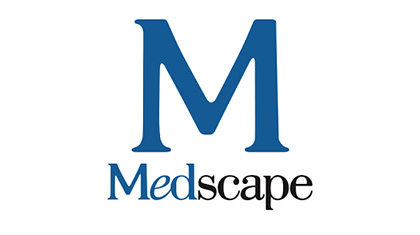
During a recent physical, Jeff Gordon’s doctor told him he may be pre-diabetic. It was a quick mention, mixed in with a review of blood pressure numbers, other vital statistics like his heart rate, height and weight, and details about his prescription for cholesterol medication. Normally, Gordon, 70, a food broker who lives in Washington, D.C., would have paid it little attention.
But his physician, who recently joined MedStar Health, uses the system’s Web portal that allows him to share his office notes with patients. For Gordon, seeing the word “pre-diabetic” in writing made it difficult to ignore, and he took action.
He contacted MedStar about joining a pre-diabetes clinical study. In the course of taking the tests required to participate, the otherwise healthy septuagenarian found out his blood sugar wasn’t elevated enough to qualify.
Still, the experience of seeing the term in his doctor’s notes was a “wake-up call,” inspiring him to pay more attention to his diet and exercise. “It’s harder to ignore when it’s in your face,” he said.
This kind of note-sharing got a kick-start five years ago when researchers from Harvard Medical School joined forces with the Pennsylvania-based Geisinger Health System and Harborview Medical Center in Seattle to launch a high-profile pilot program called Open Notes. The initiative focused on encouraging health care providers to give patients access to doctors’ office notes and then tracked what happened when patients read them. Even before the project, some providers had independently shared notes, but since the organized effort began, interest has grown.
Now, Open Notes estimates about 5 million people see physicians who share notes as part of the initiative, said Tom Delbanco, a professor at Harvard Medical School who has been with the project since it launched.
Read Shefali Luthra’s full article here!



